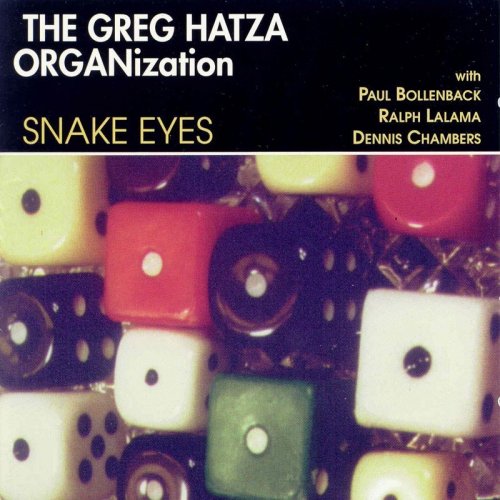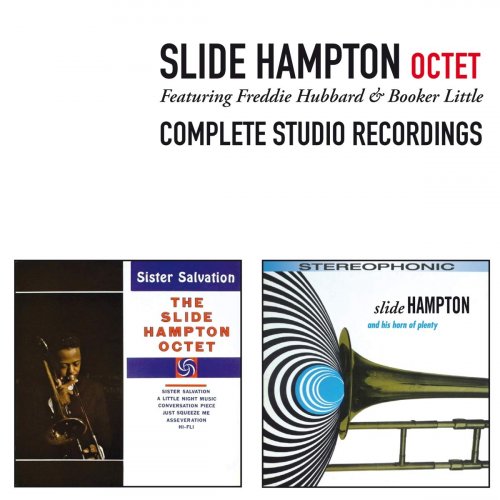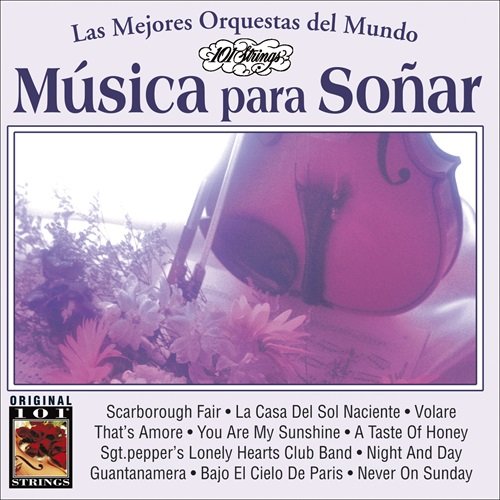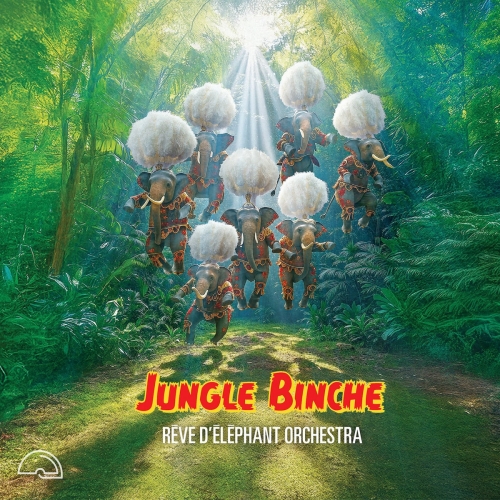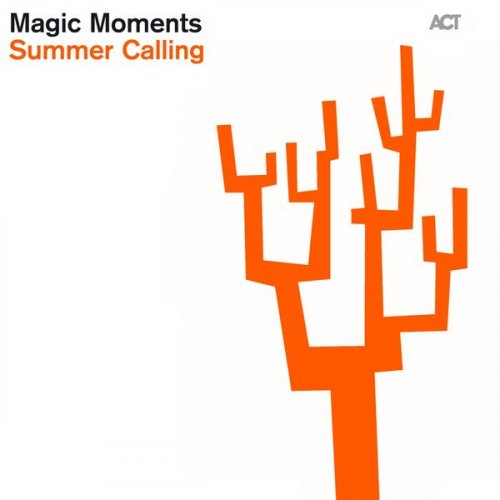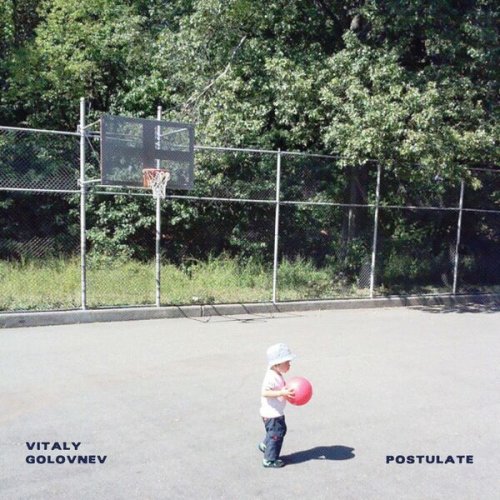Jan Garbarek, Agnes Buen Garnås - Rosensfole: Medieval Songs from Norway (1989) Lossless
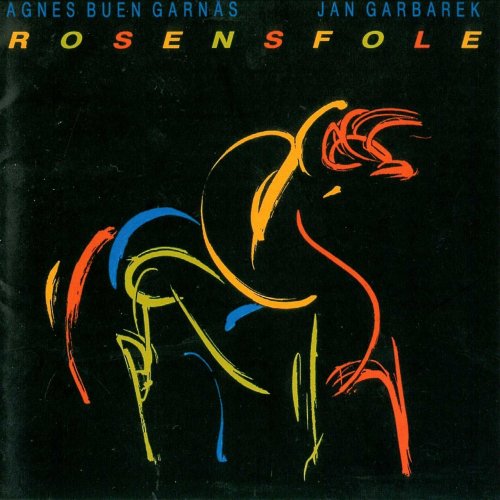
Artist: Jan Garbarek, Agnes Buen Garnås
Title: Rosensfole: Medieval Songs from Norway
Year Of Release: 1989
Label: ECM
Genre: Jazz
Quality: FLAC (tracks)
Total Time: 53:37
Total Size: 287 Mb
WebSite: Album Preview
Tracklist: Title: Rosensfole: Medieval Songs from Norway
Year Of Release: 1989
Label: ECM
Genre: Jazz
Quality: FLAC (tracks)
Total Time: 53:37
Total Size: 287 Mb
WebSite: Album Preview
01. Innferd - 0:56
02. Rosensfole - 2:48
03. Margjit Og Targjei Risvollo - 16:15
04. Maalfri Mi Fruve - 5:22
05. Venelite - 7:39
06. Stolt oli - 4:59
07. Signe Lita - 4:17
08. Lillebroer Og Storebroer - 2:41
09. Grisilla - 7:20
10. Utferd - 1:14
Performers:
Soprano Saxophone, Tenor Saxophone, Synthesizer, Percussion [Percussion Instruments] – Jan Garbarek
Vocals [Vocal Performance] – Agnes Buen Garnås
Jazz musicians in the main rarely take music from ancient times and advance it with improvisation, as modernity generally speaks for itself. Jan Garbarek has always been the type of performer interested in taking natural and spiritual elements from his native Norway, incorporating them into his personalized saxophone sound, but here with Rosensfole he's outdone himself, adapting historic period medieval folk songs toward a futuristic mood. The singing of Agnes Buen Garnas and Garbarek's various percussion or synthesizer sounds surround a minimal complement of tenor or soprano saxophone, reminiscent of aural imagery perhaps from the Moors, the upper atmosphere, or the cold waters of his homeland. This stark imagery is easy to recognize, but perhaps not so simple to quantify unless you've lived the life in frigid Scandinavia. Garbarek's concept is fully realized on this hauntingly beautiful document, unprecedented in conception no matter the criteria. In a consistent manner, Garbarek and Garnas weave their way through mystic texts and thinly veiled sonic washes like the spacy "Signe Lita" or droning "Grissilla," the cloud dance "Maalfri Mi Fruve," or the chantlike "Rosensfole," where a 6/8 mode is enhanced by shakers and the distinctive sax of the leader. "Venlete" delicately evokes a Native American Indian percussive sound within tribal beats that have always been part of Garbarek's signature sound, while a dirge-based, witch's coven brew motif identifies "Lillebroer Og Storebroer." As a singularly unique voice, Garnas holds no allegiance to singing lyrics as centered in Western dialects, but she is definitely a salt-of-the-earth-type spirit while reaching skyward for something otherworldly and ethereal. It's a combination of a yearning siren song coming from a dignified and expressive queen's castle, merging somewhere between perhaps Gregorian chants and love's lost momentum, triggered by some sort of alien abduction. On the lengthy "Margjit Og Targjei Risvollo," this ritual stance born from blue sky and organic religious faith seems to stretch further and further out of body, into a starlit omniverse. In a definitive mixing of invocation with regality and praise alongside dance, the percussive and synth-laden "Stolt Oli" cements this pure driven ethnic fusion in place, leaving no doubt as to its origins or whereabouts. While the average listener will need to get oriented as to the content of this wordplay, and those inclined to hear a more acoustic music might not gravitate toward the style, it is nonetheless beautifully performed, in many ways attractively exotic, even erotic. Clearly this is a project Jan Garbarek felt compelled to do, reaching back to family values of an entirely different stripe to make new music for all the ages.

![When I Return - The Weight Of Bloom (2026) [Hi-Res] When I Return - The Weight Of Bloom (2026) [Hi-Res]](https://www.dibpic.com/uploads/posts/2026-02/1771391261_qn90r0j477aml_600.jpg)
![WILLOW - petal rock black (2026) [Hi-Res] WILLOW - petal rock black (2026) [Hi-Res]](https://www.dibpic.com/uploads/posts/2026-02/1771525134_cover.jpg)
